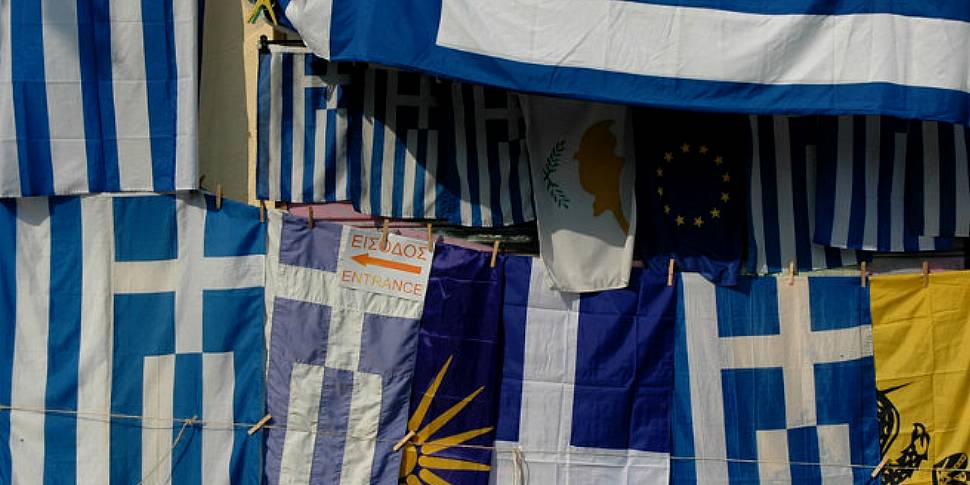What just happened?
Overnight, the European Central Bank said it will no longer accept Greek government bonds as collateral for loans. In practice, what this means is that the cash flow to Greek banks has been cut off.
It will now be a lot more expensive for the country’s cash-strapped lenders to access funds. That will have a huge knock-on effect on Greece’s cash-flow, lending to regular bank customers and debt management.”¨”¨
The ECB says it took the decision because it couldn’t be certain that the new Greek government’s attempts to secure a deal on the its €120bn bailout debt will be successful.
In short, Frankfurt is playing hardball with the Syriza's anti-austerity government, which had been on a whirlwind trip across Europe trying to drum up support. Prime Minister Tsipras has now been forced into a corner. He'll have to work quickly to secure that debt deal or else…
What’s the reaction been?
ӬMarkets across Europe were shocked. Greek bank stocks plunged by as much as 30% this morning, while the Athens Stock Exchange itself dropped by 6%.
Some of Europe’s top banks have hit out at the ECB’s stunner. “CENTRAL BONKERS” was the headline on Dutch giant Rabobank’s note on the matter this morning. The rest of the memo was equally scathing, lashing out at an “unelected” institution with “no political mandate” acting in an “exceptional” manner.
Here at home, Public Expenditure Minister Brendan Howlin admitted the overnight developments are a “concern” but he says it won’t have any impact on post-bailout Ireland.
Reuters is reporting that an unnamed official from the Greek Government has vowed that Greece will not be “blackmailed”. It says it will still press ahead with its plans to roll back austerity.
What happens next?
The timing of the European Central Bank’s announcement is certainly interesting.
Greek Finance Minister Yannis Varoufakis is due to meet his German counterpart Wolfgang Schäuble this afternoon. Will he be the one to give Greece a chance? It’s very unlikely. Schäuble and the Merkel administration have been adamant that Greece stick to the plans set down by the Troika.
Varoufakis and Tsipras had been gaining in confidence after hitting seven European cities since the election, winning some support from figures including France’s Francois Hollande and Italy’s Matteo Renzi. Their efforts to seal a deal to write off 50% of the country’s debt will need to be redoubled in the weeks ahead.
If they fail, the country could be facing into an economic abyss. Last night’s decision could well be seen as a watershed moment for Greece. UK banking titan Barclays says, in no uncertain terms, that the ECB has pushed Athens closer to exiting the Euro than at any point since 2012.
Originally published at 11am









